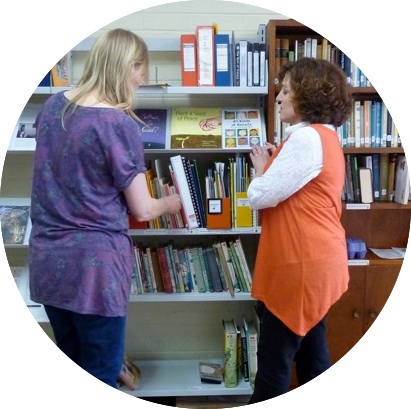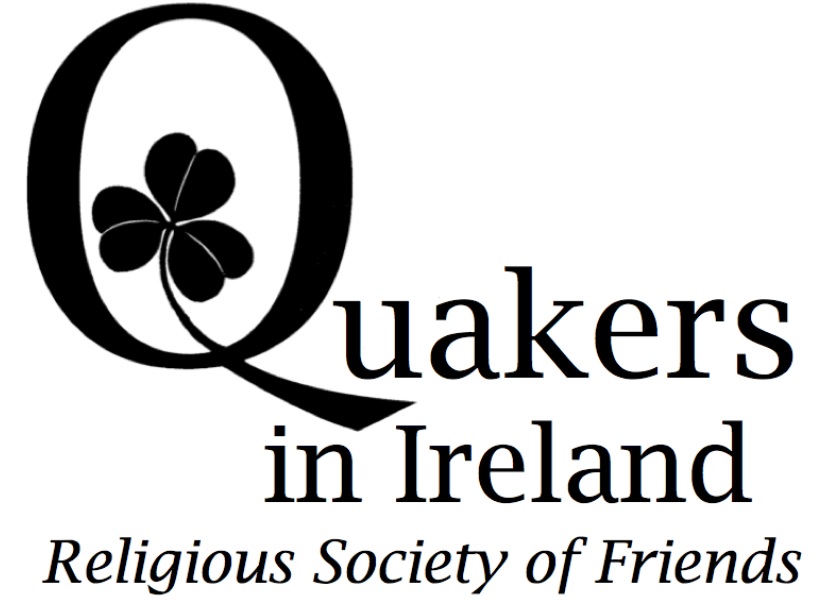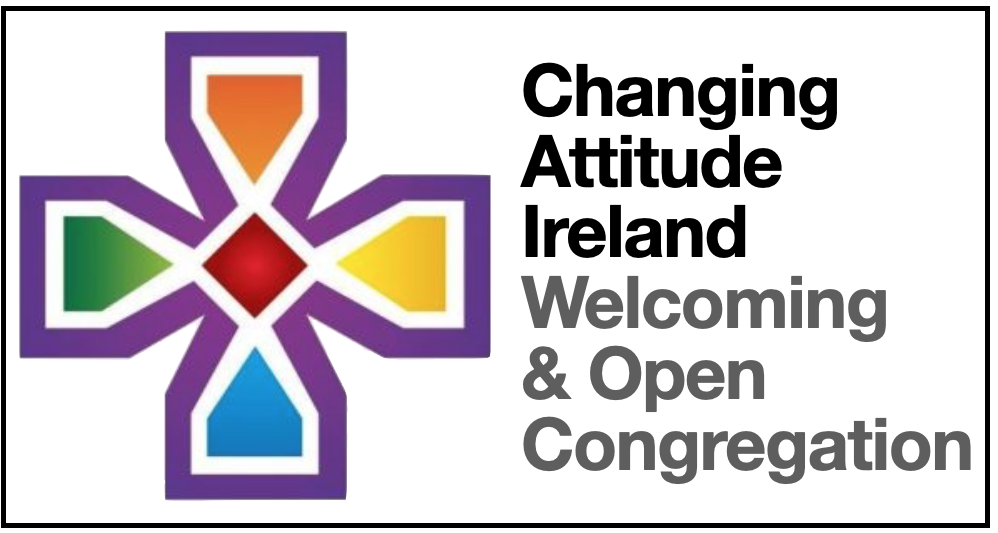IYM Youth Support Worker Post
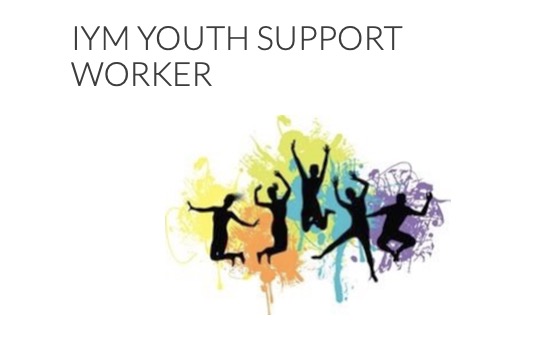
Ireland Yearly Meeting is recruiting a
PART-TIME YOUTH SUPPORT WORKER
Are you interested in supporting Young Friends across the island of Ireland?
Ireland Yearly Meeting is looking to employ a self-starter with excellent communication skills. This person needs to be enthusiastic about encouraging and supporting young people across IYM to explore and deepen their spiritual development. The role includes supporting adult volunteers who work with young Quakers.
A focus of the role is to ensure that young Friends get opportunities to meet together, virtually and/or in person. This includes supporting adult volunteers and Meetings to organise a variety of youth activities, such as Sunday School/Junior Meeting, Youth Clubs, fun events and get togethers. The Youth Support Worker will facilitate communication between Friends and Meetings as well as identify training needs within IYM. An important part of the role is to support the Society in meeting our child safe-guarding obligations.
The Youth Support Worker will be employed for approximately 300 hours a year. Remuneration will be in line with the Youth Worker salary scale in the ROI (€15 – €20/hour), with holidays paid on a pro-rata basis. In addition, there will be a modest budget for programme costs, training, office expenses and travel as needed. The post holder will work from home and will be provided with a mobile phone and laptop to use for the duties associated with the post. The post is currently funded for three years.
If this sounds interesting to you, we encourage you to contact Megan Corrigan at corriganmegan72@gmail.com who will be happy to answer any questions you may have about this position. The job description, person specification, yearly allocation of hours and application form can be obtained from this website using the associated links just above.
Applications should be submitted to iymec@quakers.ie by no later than 26th February. Suitable candidates will be invited for interview towards the end of March.
25 years of the Good Friday Agreement
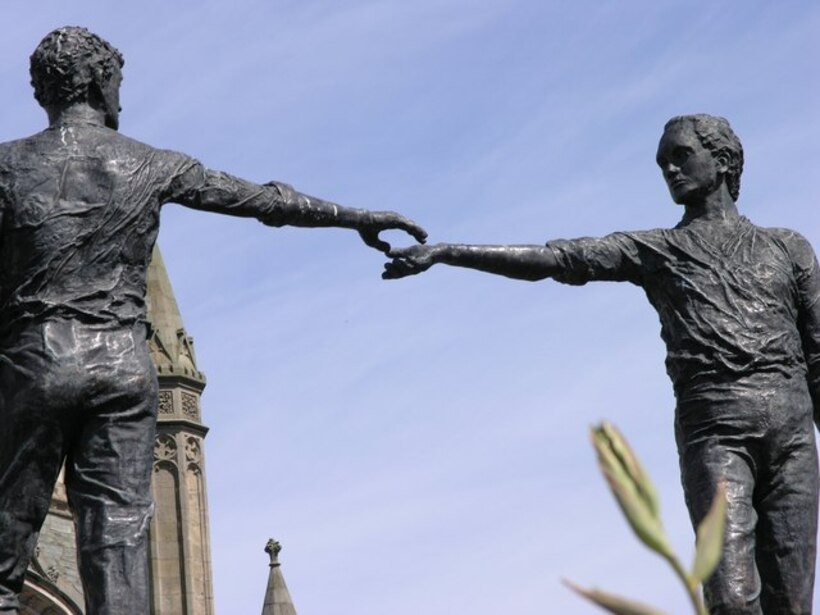
A short article by Siobhán Haire - Deputy Recording Clerk of Britain Yearly Meeting
Most people over the age of about 35 with a connection to Northern Ireland will remember the Good Friday Agreement being signed. I do. I grew up just outside Belfast and at Easter 1998 when the Agreement was formalised I was 12 years old, on a canal boat somewhere in England. I wasn't blessed with keen political insight, but even I dimly grasped that what I was hearing on the radio was important.
For all that, I certainly wouldn't consider myself an expert on the Agreement, the Troubles, or contemporary Northern Ireland. I'm at least 10 years too young for the first, 20 years too young for the second and I haven't lived full-time in Northern Ireland for nearly two decades. But my teenage years were immeasurably safer and more normal than those of my parents, largely because of the Agreement and the work which led up to it.
I've watched that period and the build up to it fictionalised through the (excellent) TV show Derry Girls. I can't watch the episode which focuses on the referendum where Northern Irish people overwhelmingly voted for peace, without a bit of a cry at the optimism of the characters, buoyed up and overcoming their personal misgivings.
A post-conflict society?
Northern Ireland has changed enormously since 1998. Airport security is less of a hassle, people no longer just travel there to visit family or go on black taxi tours of Troubles flashpoints and the Irish language is much more in evidence across all communities. In many ways, it's a post-conflict society.
But that's not the whole picture. Although day-to-day life is much more normal in Northern Ireland than it used to be, it's still a place whose political system is not really working, where members of the police service have good reason to be vigilant about their personal security, and which is a constant headache for its near neighbours.
So what does Northern Ireland's journey in the last 30 or so years teach us about peace?
Building relationships
It teaches us that personal relationships and trust build the conditions for peace. The key relationships between the politicians – Northern Irish, British, American, who negotiated the agreement, are well documented. But the necessary relationships weren't just between the star players.
Harking back to Derry Girls again, one of the absolute truisms of the programme is that as a young person growing up in Northern Ireland in the 90s, you were never more than a few metres away from some sort of cross-community youth initiative to get to know the 'other side', (whichever side that might be). Some of those programmes were supported and hosted by Quakers at Quaker Cottage where for decades, Friends and others patiently built relationships, held space, and witnessed to the common humanity of people on both sides of the peace walls.
Towards a lasting peace
It teaches us that peace is fragile, and dependent on the political and social conditions in which it is rooted. While the first 18 years post-GFA generally felt like a steady march away from violence and towards a lasting peace, the seven years since the Brexit vote have rocked that sense of progress. Political intransigence has shaped the years since 2016, with Stormont suspended for almost 4 of the last 6 years, and a slow creep of violence and threat coming out from the shadows.
It teaches us that peacebuilding is a job for patient and persistent optimists. If you look at civil society peace movements in Northern Ireland – and there were many – there's a good argument that they were at their strongest in the late 1960s to the mid 1980s, not the 1990s when the Agreement was finally signed. This isn't to negate their impact, only to say that it didn't bear immediate fruit. And if you look at the timeline leading up to the Agreement, it is full of twists and turns, ceasefires, cessations, changes to political leadership, people making and breaking commitments. Peace grows slowly.
A peace process
It also teaches us that insecurity is a barrier to compromise. The Good Friday Agreement was achieved in a situation where moderate unionism was a more dominant political identity, and where those moderate unionists felt sufficiently brave to enter into a power-sharing arrangement with nationalist parties. In the last few years, unionist protestantism has come more under threat as it becomes the political identity for a smaller segment of the Northern Irish population, and that security which gave politicians the confidence to seek compromise appears to have eroded.
There's no neat ending to this article, just as there is no neat ending to the political journey in Northern Ireland. Peace is a process requiring investment – the investment of money, of personal capital and of time. Are we working to encourage investment in a peaceful future for Northern Ireland?
FWCC Update
The commencement of Southern Africa Yearly Meeting in January 2023 marked the beginning of a global process of discussion and discernment among Quakers on the theme of ubuntu, leading to and beyond the 2024 World Plenary Meeting in South Africa and online.
Ubuntu refers to the deeply held belief, morality and custom that every person is worthy of being recognised, respected and heard, and that we as human beings are all interdependent. It is found as a daily practice in many African societies, although terms and languages differ.
It implies a collective responsibility to ensure that all members of the community have the means of subsistence and learning and participation and further extends to care for the environment, since people are part of the same divinely given creation, that is an interdependent whole.
This is affirmed throughout the Bible, including in Jesus command to “love your neighbour as yourself” and in Paul’s teaching that “a body, though one, has many parts, but all its many parts form one body” (1 Corinthians 12:12).
Christian understanding of ubuntu are often associated with Desmond Tutu, who explained the term with the words, “My humanity is caught up, is inextricably bound up, in yours”. It is also reflected in the famous words of Martin Luther King Jr “We are all caught in an inescapable network of mutuality, tied in a single garment of destiny. Injustice anywhere is a threat to justice everywhere”.*
Ubuntu forms a central role in Quaker thought in Southern and Central Africa, including the region’s book of Faith and Practice, Living Adventurously which speaks of ubuntu being rooted in “an invisible circuit of connection between us all”. In the chapter about ubuntu, former FWCC clerk Duduzile Mtshazo describes her first experience of a Quaker Meeting: “The warm embrace of acceptance, just as I was, was moving and magnetic… ‘Umuntu ugumuntu ngabantu’ – a person is human through the humanity of others. I found my humanity and humanness through those Friends who saw that of God in me and affirmed that.”
The recognition that many countries and economies are not guided by principles of ubuntu, has led many Friends to ask why this is the case, including by engaging with the historical injustices that have contributed to the present situation. Relatedly, Friends are exploring how initiatives leading to, for example, a universal basic income, and abundant sustainable energy, might help reflect ubuntu more widely.
FWCC will share resources and perspectives on ubuntu throughout 2023, to help inform discussions at Section Meetings, on World Quaker Day (1 October), and to assist with spiritual preparation for the World Plenary Meeting.
* Neither Desmond Tutu nor Martin Luther King Jr were Quakers, but both worked closely with Friends, and were nominated by Quakers for the Nobel Peace Prize. The quote from King is from his 1963 ‘Letter from a Birmingham Jail’ which was published and distributed by the American Friends Service Committee.
M&O April 23 Update

April is a busy month around the Meeting - as indeed March was! Amy and David’s Meeting for Worship at which they will marry is a particularly delightful event to which we have all looked forward. And many of us will be attending parts of or indeed the whole of Ireland Yearly Meeting in the middle of April, either in Tallaght or online.
We are also delighted as a larger Meeting to be supporting Friends in Hillsborough Meeting, which has now established itself as a Worship Group. Many South Belfast Friends have been, and will continue to be, closely involved with Hillsborough and the next stage on its journey.
Reaching out is also an important focus of the M&O team, seeing how we support all Friends and Attenders at South Belfast, helping - along with the new Clerking team of Kate Fletcher, James Nelson and Lorna Burke - to keep everyone connected and feeling at their spiritual home.
Connection too is important in reaching out to those for whom our community can be a support. So we are for example seeing how we can encourage more Friends and Attenders to set out their “My thoughts” on our website, to increase our dialogue and let others understand how we seek to live out our Quakerism. If you have something you would like to share, please do talk to us.
And in the Meeting House, where so many people visit during the week, we are planning some simple posters, to explain what we are about.
And we feel that we need as a community to have a Quaker banner, to use when we enter the public space, at larger meetings and events. These are not frequent, but we do need to stand up and speak out at times, so we need to be prepared.
The Ministry and Oversight team - Felicity, Jonathan, Ian, Kerry, Marie, Michael, Sylvia and Will
Quaker "Garden Party"
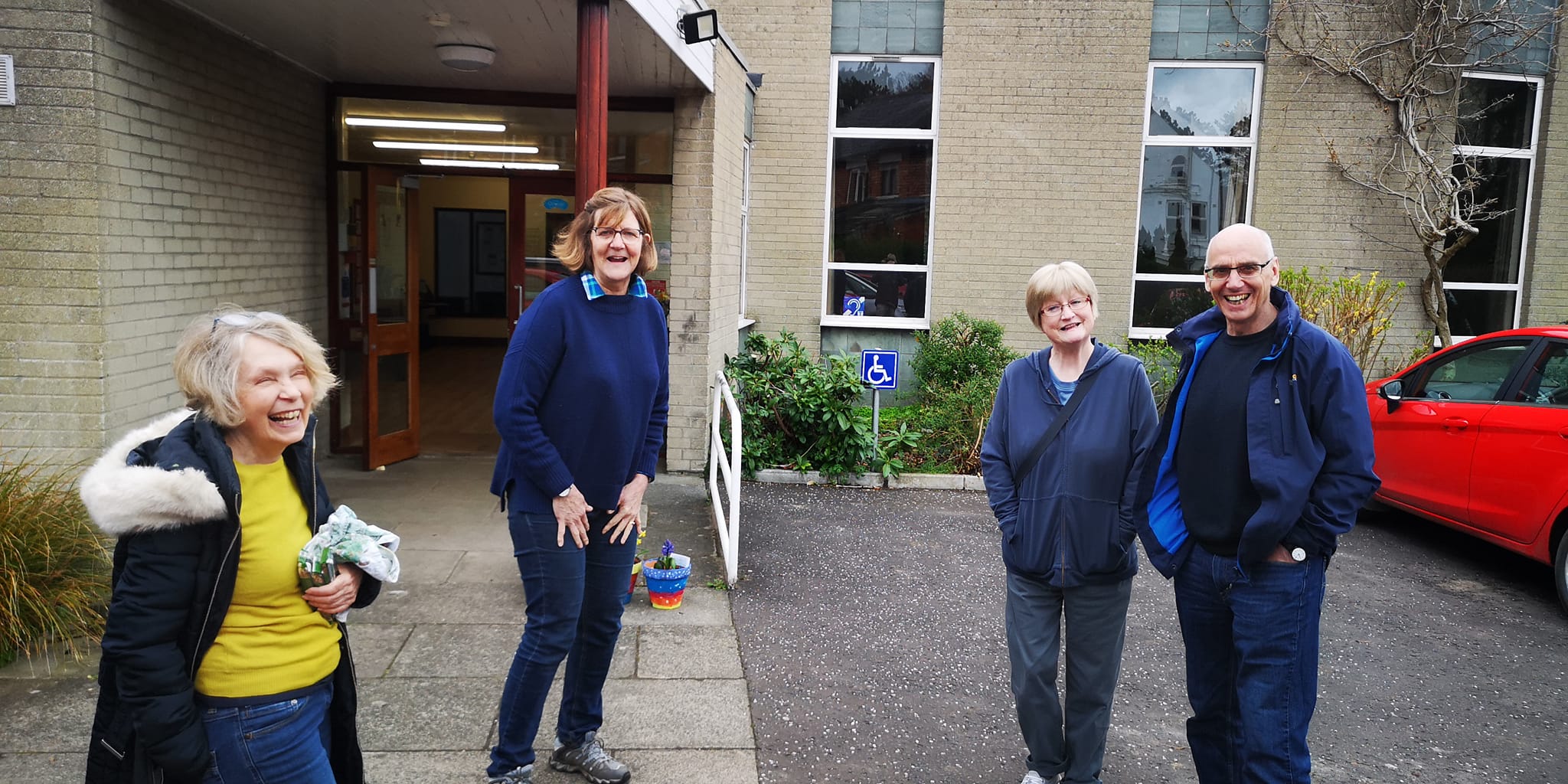
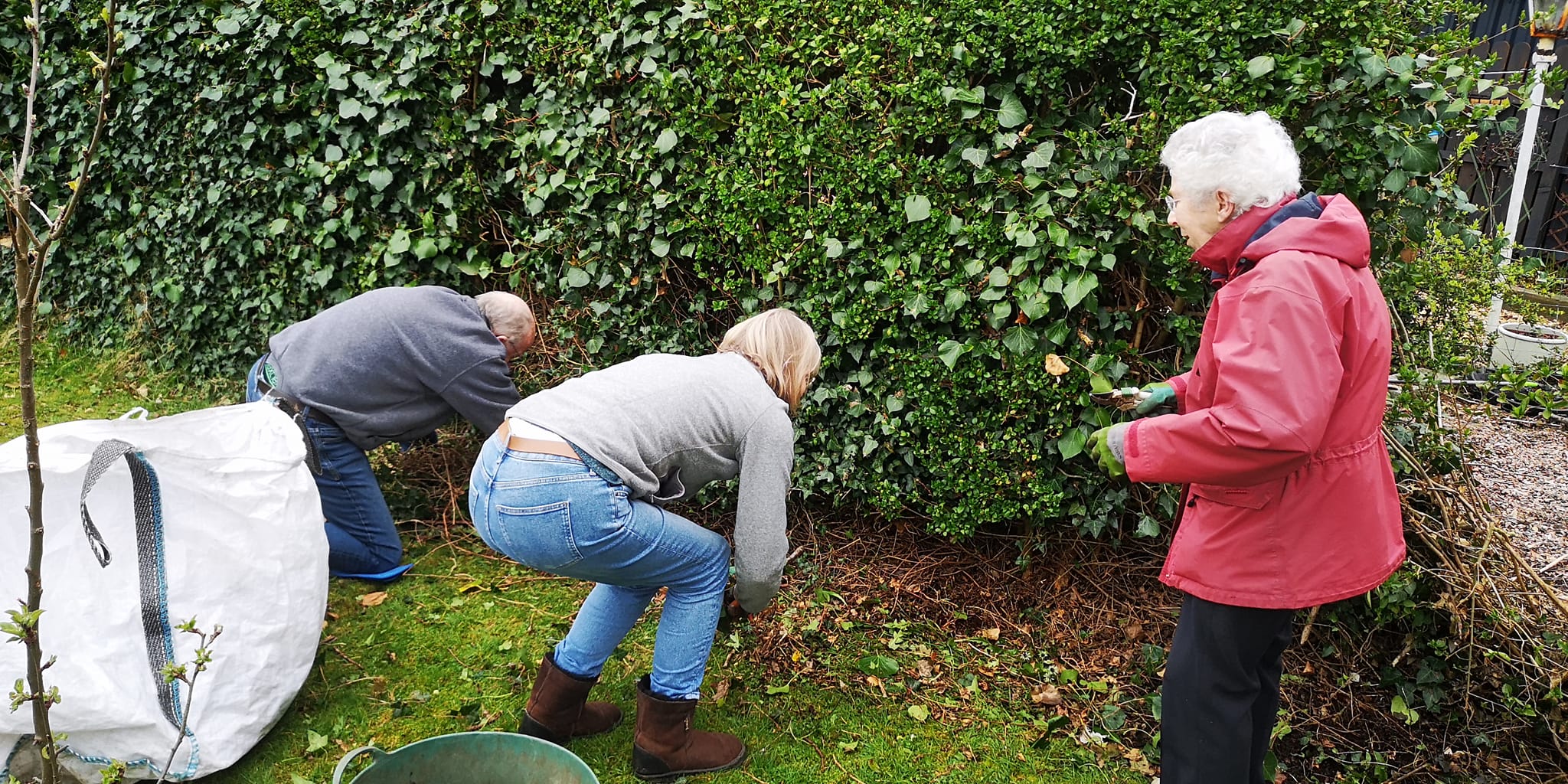
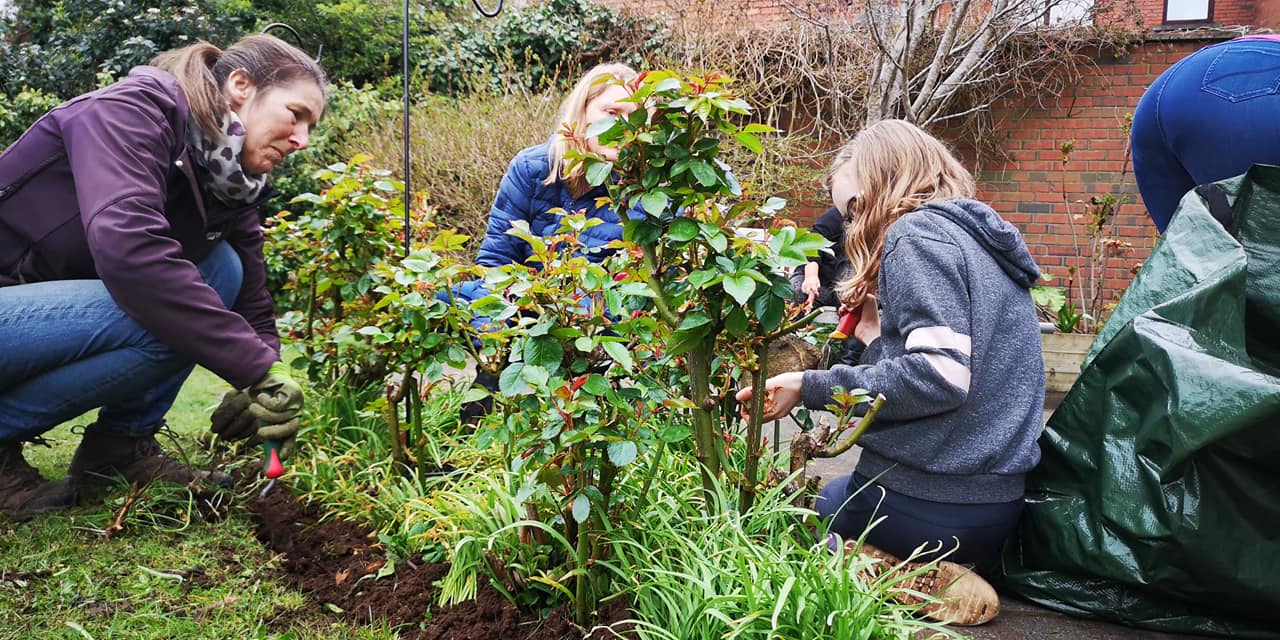
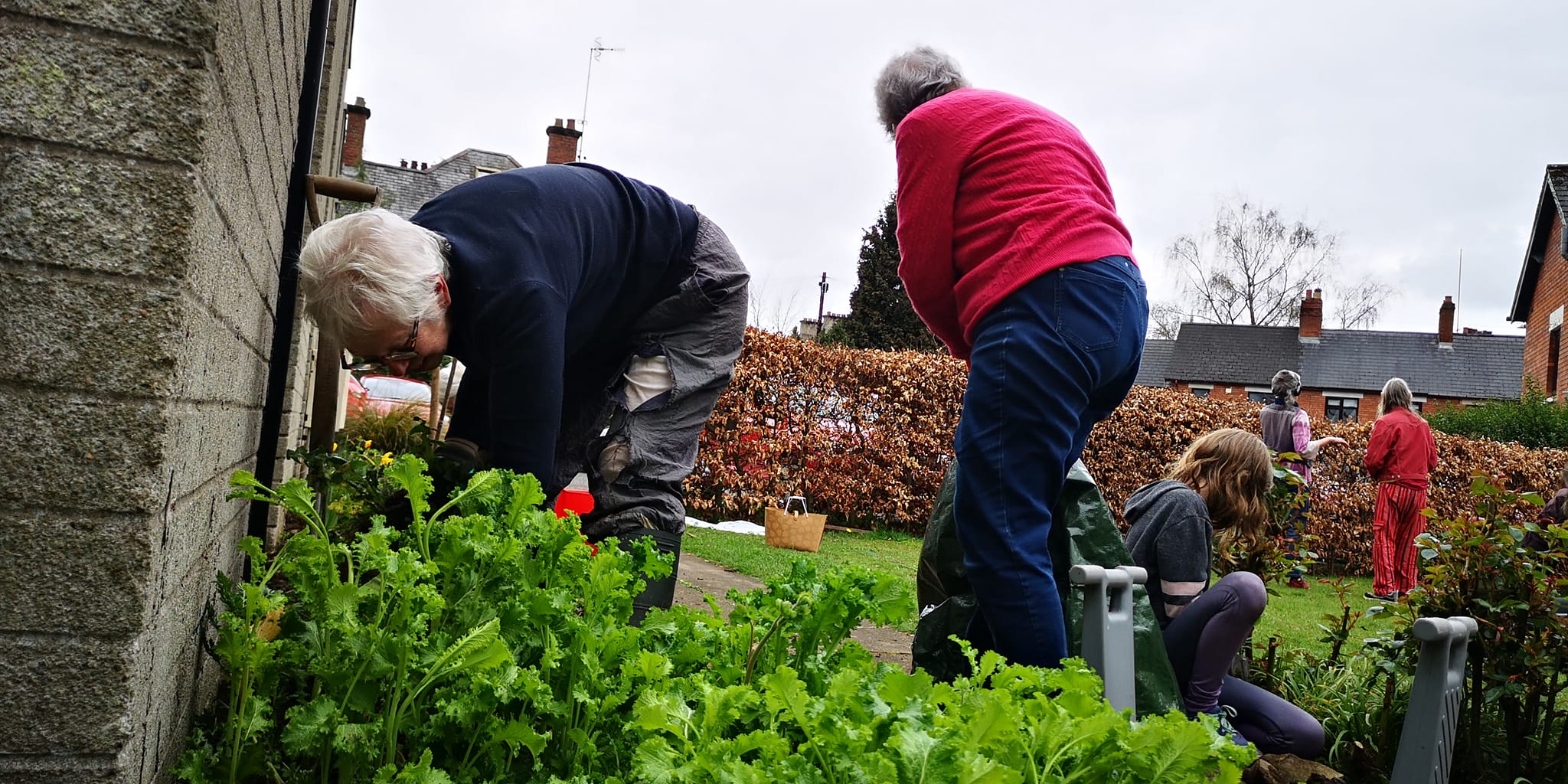
Quizz Fundraiser
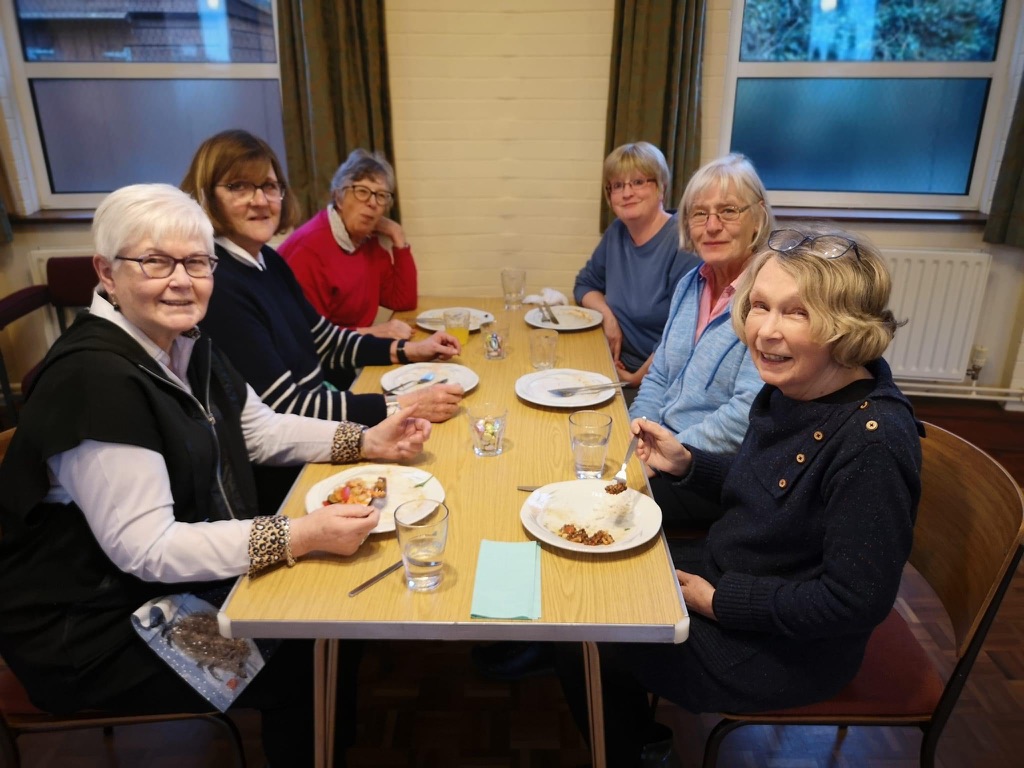
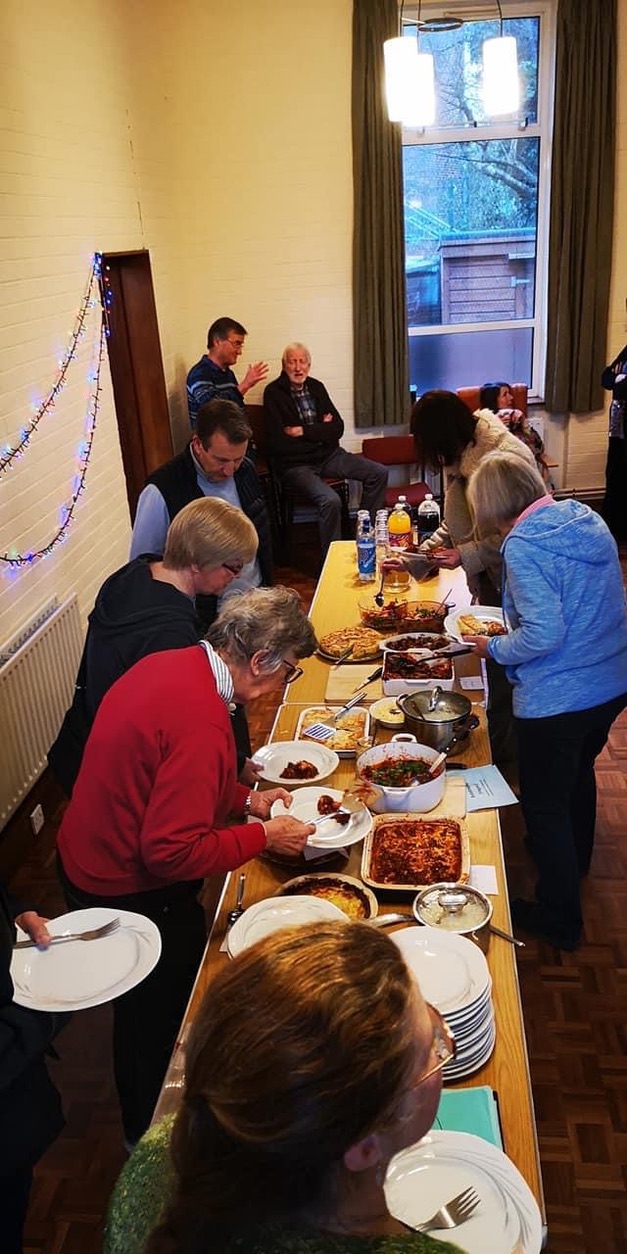
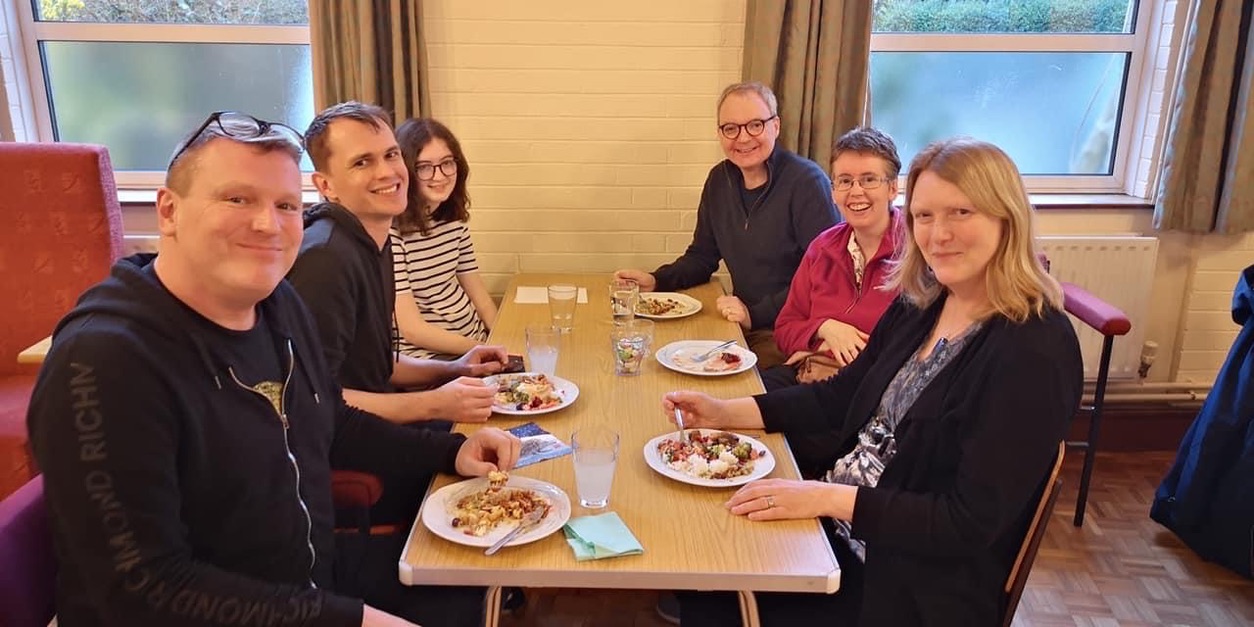
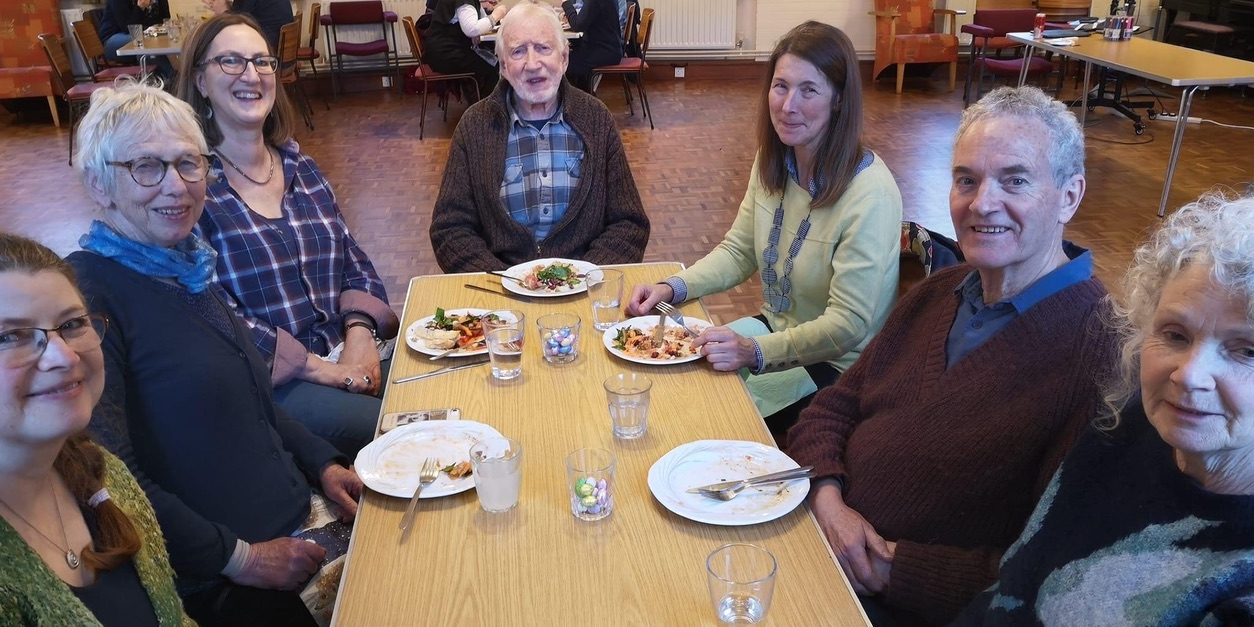
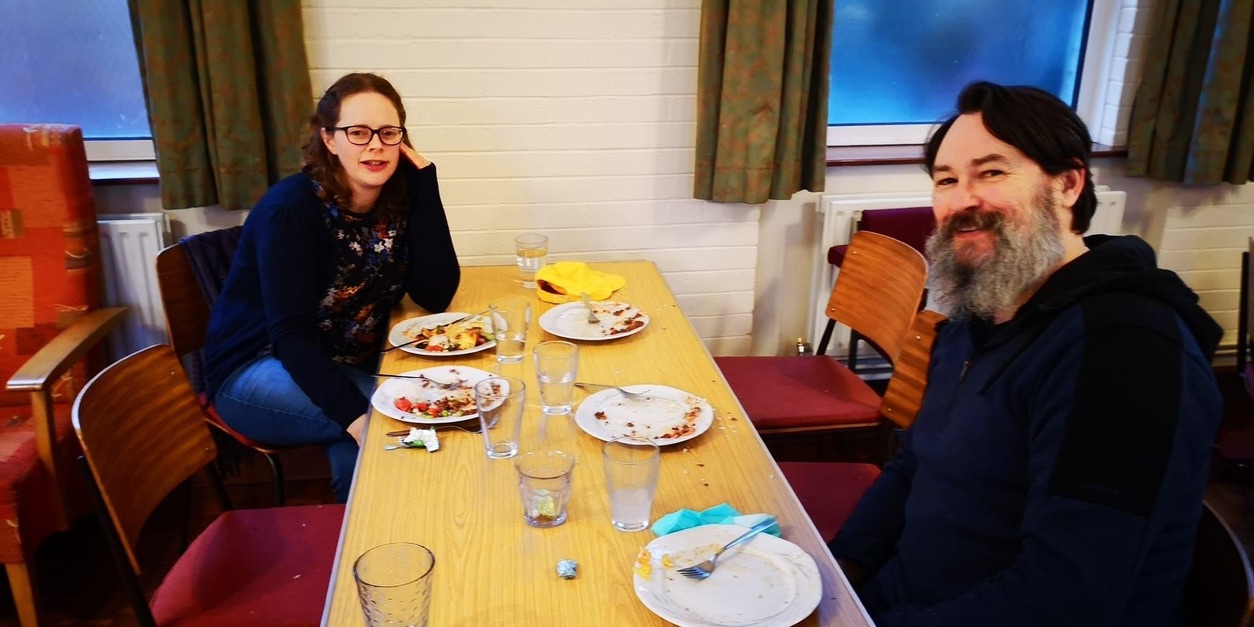
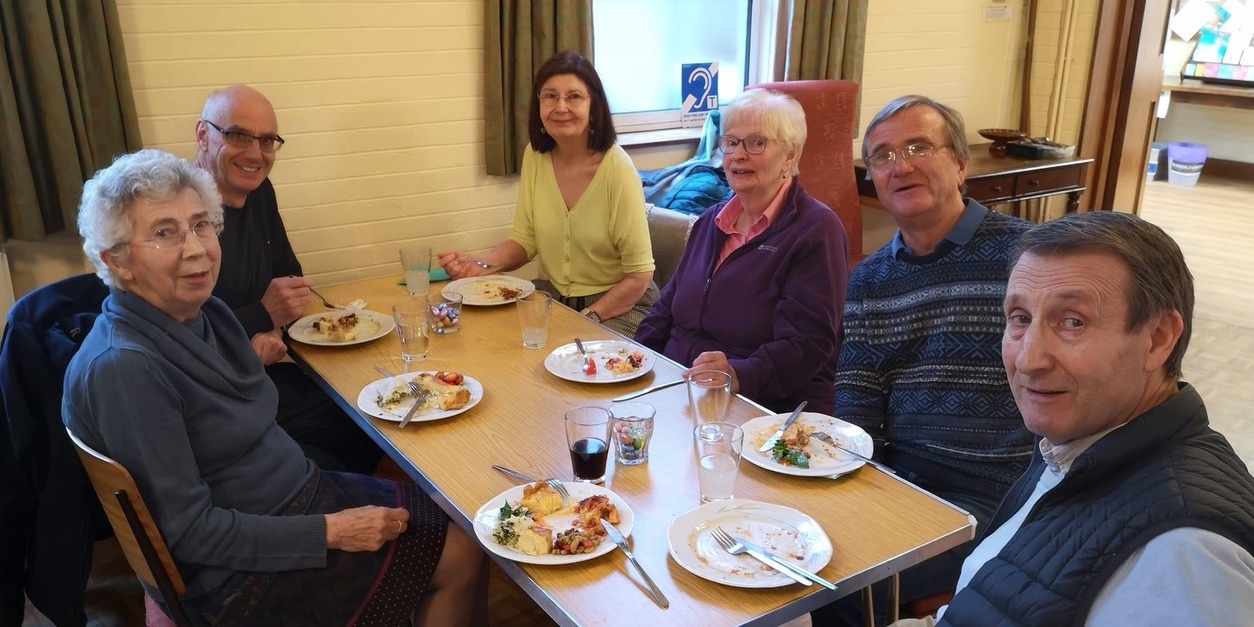
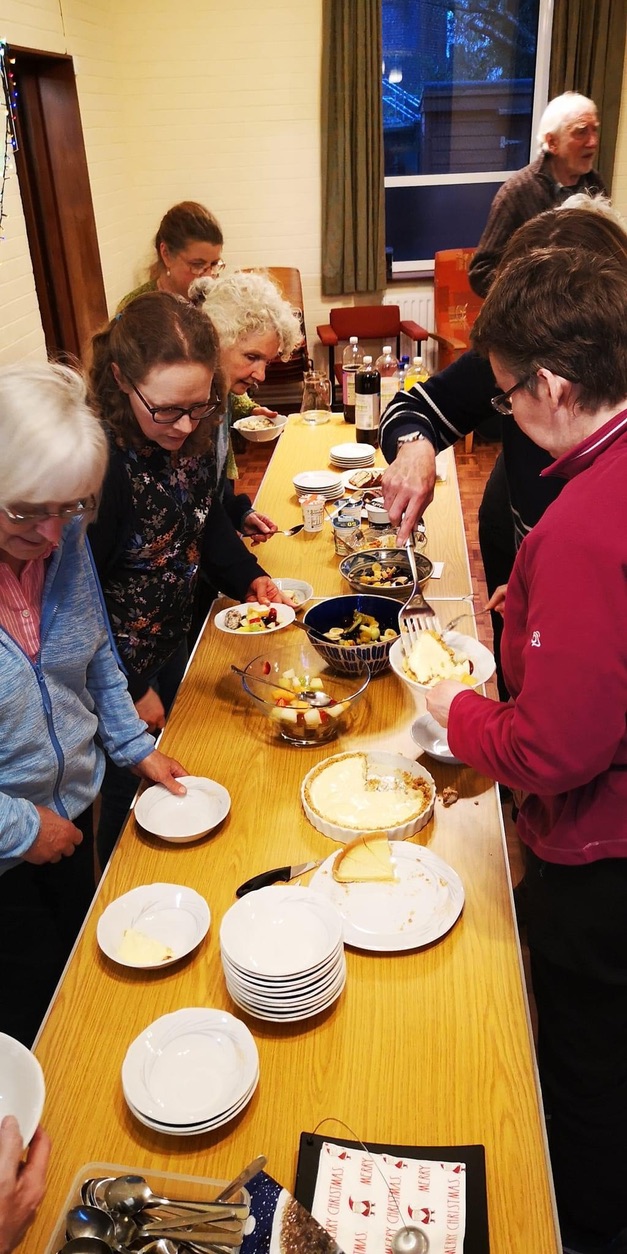
A Trip To Ballitore
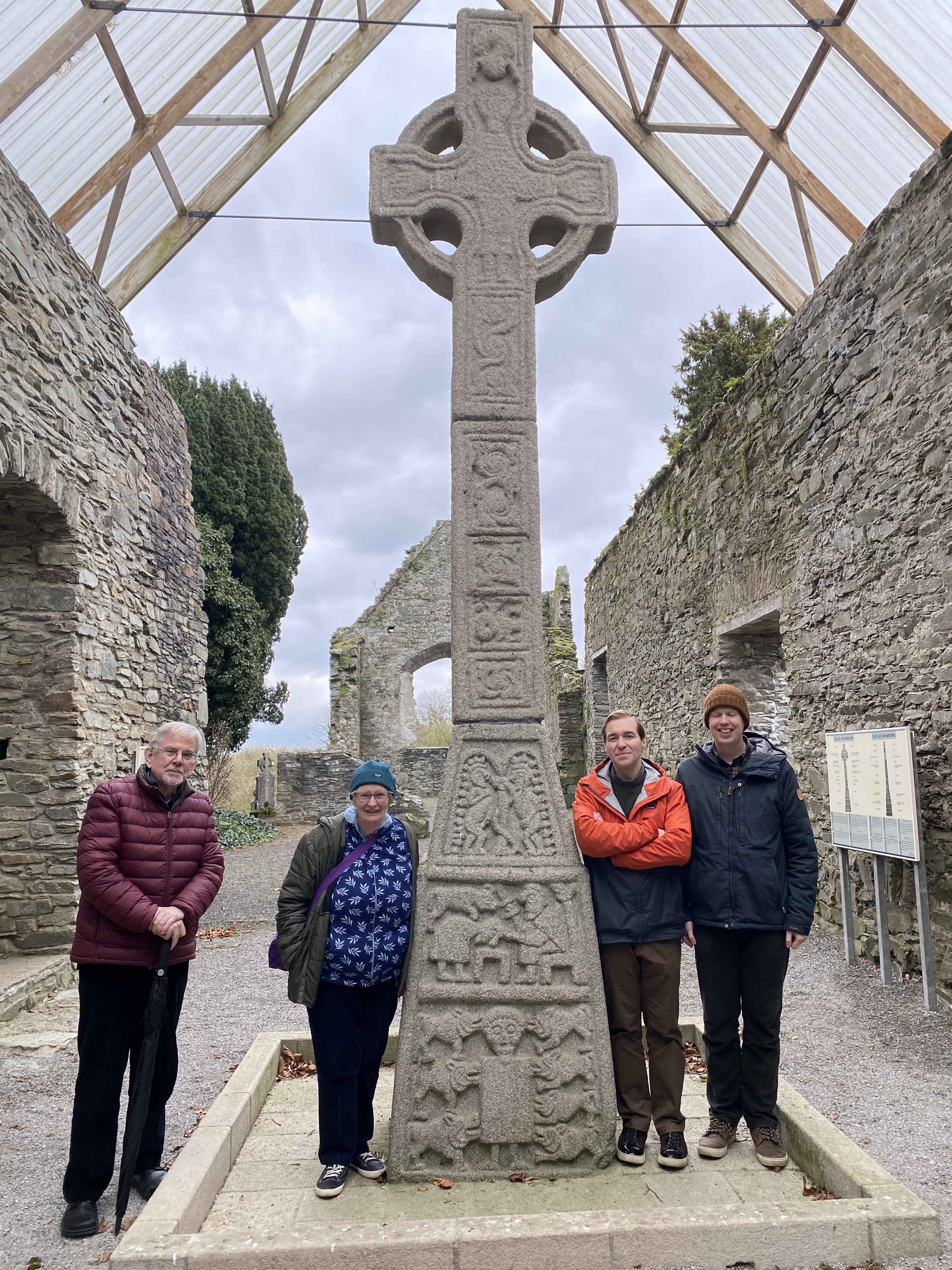
On Sunday 5th March, four members of South Belfast Meeting went to visit the Quaker Meeting at Ballitore, Co. Kildare, a trip that had been planned but postponed due to the COVID pandemic. We had an early start, so that we would arrive in time to attend Meeting for Worship with them.
The village of Ballitore first developed during the late 17th century as a Quaker settlement after two Quakers from Lancashire, John Bancroft and Abel Strettel established a farm and mill in the area (1684). Ballitore takes its name from the Gaelic 'Baíle' meaning a town, and 'Togher' meaning a marsh.
Over time, the Meeting House fell in to disrepair and in 1975 it was restored by Kildare County Council. The room where MfW is held is on the upper floor, and the ground floor provides a spacious youth club and small theatre facility for the young people of the area.
We reached the village just in time for the Meeting- thanks to the excellent driving and navigational skills in the team. Bernadette and Patrick welcomed us when we arrived. The Meeting room was heated by a small open fire, and after MfW we talked about Ballitore and its’ history over coffee. Later we were given a tour by Patrick to nearby Moone, to visit a former monastic site with its’ High Cross. The High Cross is beautifully carved with biblical scenes.
The visit was very worthwhile, and was an opportunity for us all to learn about Quakers in other parts of Ireland, and for the larger Meetings to support smaller Meetings.
For more local history background on Ballitore see http://www.kildare.ie/southkildareheritagetrail/ballitore.htm
M&O March 23 Update

In addition to our regular work, making sure for example that our many duty lists are up to date, we are supporting other Quaker groups in our Monthly Meeting, our nominations processes are working and we are regularly reviewing our anti-COVID measures, M&O has been considering how we might take on some of the suggestions arising from the recent “After Meeting Conversation” about “Communication“.
So do not be surprised if someone approaches you to see if you might like to produce a short piece on your thoughts for our website, in text or on video. Or if you see us carrying a Quaker banner at some future demonstration! Or if you see us putting up more Quaker posters in the foyer, encouraging the many people who use dour premises to join us on Sunday.
We also realise that in 2024 the worldwide family of Friends will be celebrating George Fox’s 400 birthday, as well as having the World Plenary Meeting of Quakers, meeting in person for a small number in South Africa but with many more of us joining via Zoom, possibly in hubs. That will give us a great base on which to plan to celebrate together, include perhaps running a Quaker Quest for those interested in hearing more.
We are also thinking about our work with Quaker Service and Friends at Frederick Street about support in the prisons, and our openness to students at the local universities.
The Ministry and Oversight team - Felicity, Jonathan, Ian, Kerry, Marie, Michael, Sylvia and Will
